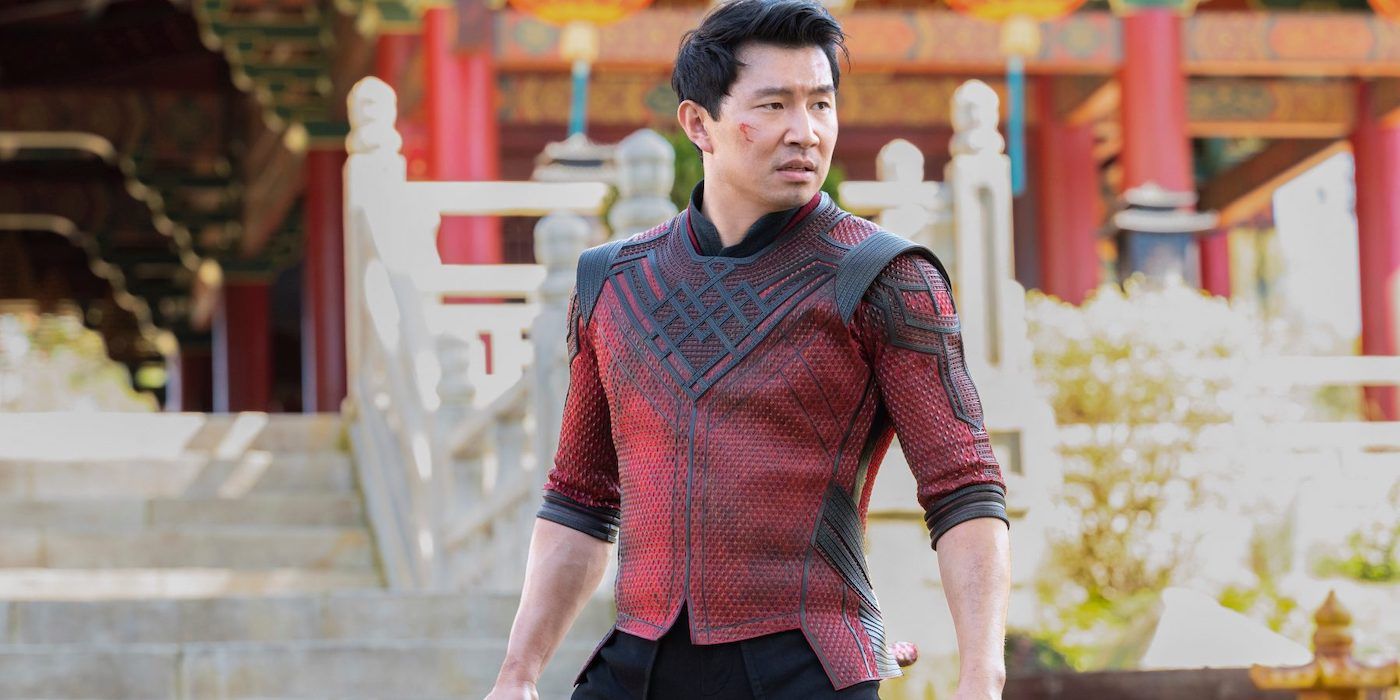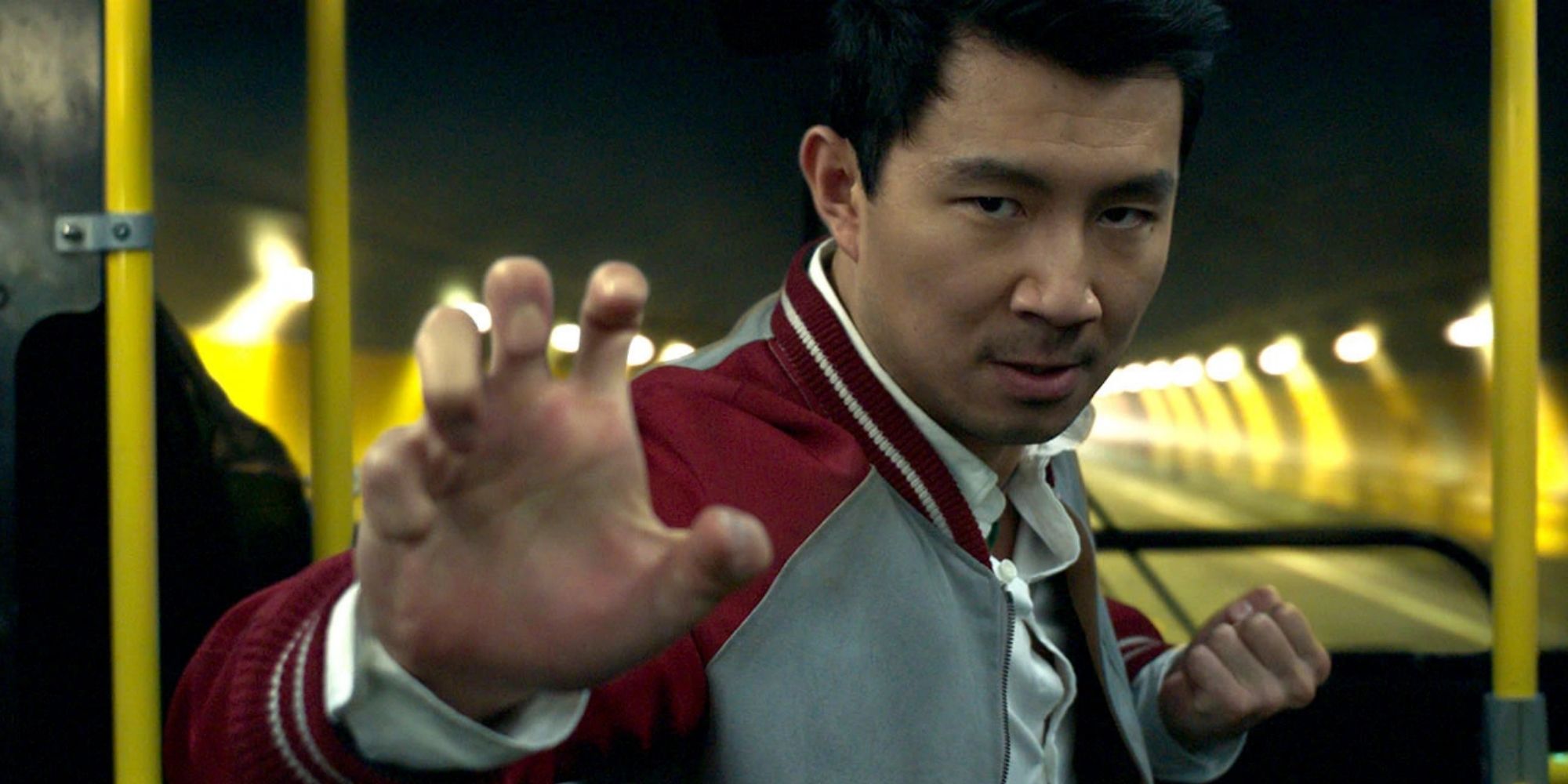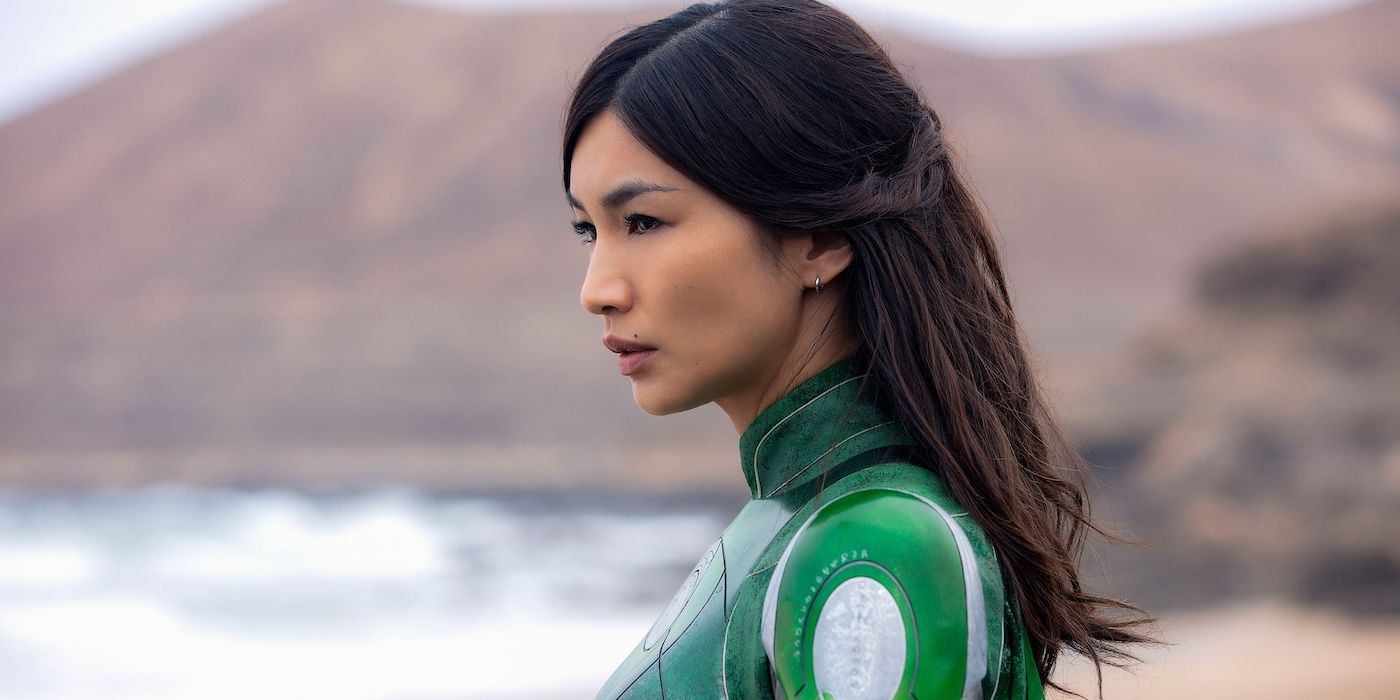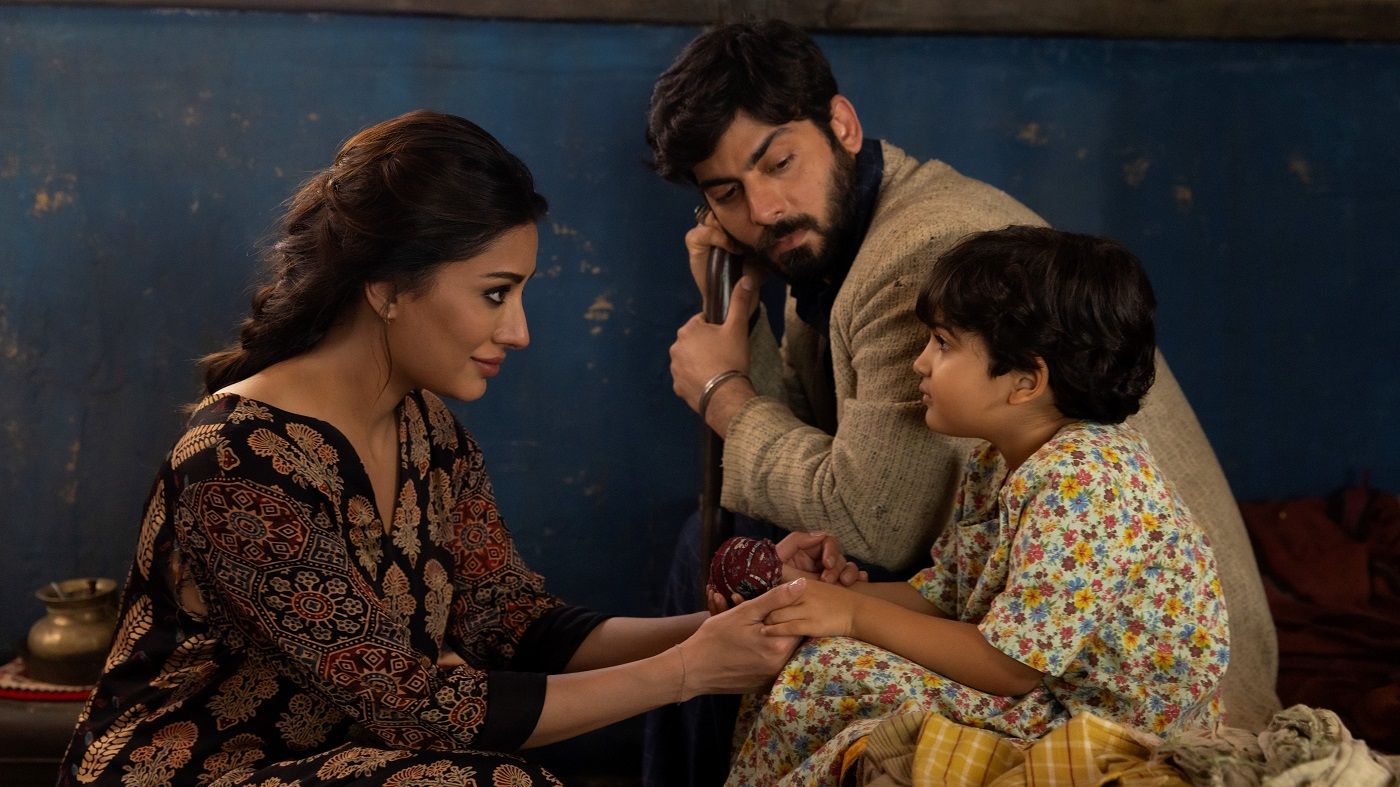Because the MCU is based on Marvel comics, it has its problematic depictions of Asia and Asian characters. From the Mandarin, to Fu Manchu, to the Ancient One, Marvel Comics developed Asian characters influenced by stereotypes and racism that stem from “yellow peril.” In the movies, the MCU sought to redefine these characters by retconning significant details from the comics canon. The Mandarin, rather than an East Asian villain, became a terrorist from the Middle East portrayed by Ben Kinsley in Iron Man 3. In Doctor Strange, the Ancient One did away with being Asian entirely and became of Celtic descent, played by Tilda Swinton.
But these attempts at fixing the problematic depiction of Asian characters by translating them on-screen seemed like half-hearted compromises — the casting of Swinton, especially, prioritized replacing the character with a white one rather than giving due diligence to Asian representation. But, with Phase Four of the MCU, things are beginning to change. For instance, in Shang-Chi and the Legend of the Ten Rings, rather than having Shang-Chi’s father be the racial stereotype Fu Manchu, the true Mandarin of the MCU canon revealed himself to be a truly compelling villain. But, Asian representation in the MCU’s Phase Four goes beyond simple plot changes and retcons. Instead, by casting Asian talent, hiring Asian creatives, incorporating Asian language, and depicting significant historical events, the MCU is finally representing Asians in its variety of projects.
Both in front and behind the camera, Marvel has put Asians up front. Shang-Chi and the Legend of the Ten Rings not only features an outstanding cast of actors of Chinese descent but also actors who’ve made their fame in China. Simu Liu plays the first theatrical Asian superhero as a lead in the MCU (Chloe Bennet played Daisy aka Quake in the ABC television series Agents of S.H.I.E.L.D.) Akwafina, who previously garnered acclaim in The Farewell, plays Shang-Chi’s best friend. Additionally, the cast includes actors from Chinese cinema, including the legendary Tony Leung (from many of Wong Kar-wai’s films such as In the Mood for Love) as Shang-Chi’s father, world-renowned actress Michelle Yeoh as Shang-Chi’s aunt, and Meng'er Zhang as Shang-Chi’s sister. And Destin Daniel Cretton had the privilege of directing this all-star cast.
Eternals followed in Shang-Chi’s footsteps. Fresh from her Academy Award for directing Nomadland, becoming the first woman of color to do so, Chloe Zhao was tasked with introducing the pantheon of immortal super-powered individuals to the big screen. Among them are Gemma Chan’s Sersi, Kumail Nanjiani’s Kingo, and Don Lee’s Gilgamesh. Chan had the chance to have a bigger presence in the MCU after her portrayal of the blue alien Minn-Erva in Captain Marvel. Lee’s breakout role was in the Korean action-horror film Train to Busan. And Nanjiani’s Kingo, who is a popular Bollywood star in the MCU, is name dropped in the Disney+ series Ms. Marvel.
Developed by Bisha K. Ali, Ms. Marvel tells the story of Kamala Khan (Iman Vellani), a Pakistani-American, superhero fangirl who discovers superpowers of her own. While Zenobia Shroff, who plays Kamala’s mother, is a familiar face across American movies and television series such as The Big Sick and The Affair, Mohan Kapur has been a notable actor in South Asia, having voiced a number of MCU characters such as Doctor Strange in Hindi dubs, and now plays Kamala’s father. Ms. Marvel also includes a number of actual Bollywood stars, such as Farhan Akhtar and Fawad Afzal Khan. Across the cast and crew of these MCU projects, Asian talent is finally taking the forefront in a franchise that has been largely lacking in Asian representation.
The MCU hasn’t just cast actors of Asian descent, but they’ve also tapped their actors to speak the language of their respective cultures. From the very beginning, Shang-Chi and the Legend of the Ten Rings opens in spoken Mandarin Chinese with English subtitles as Shang-Chi’s mother Ying-Li (Fala Chen) narrates the history of his father, the powerful leader of the Ten Rings Xu Wenwu. In a way, Shang-Chi is a “bilingual movie,” as Susana Polo writes for Polygon — from Shang-Chi himself to his best friend, Katy, the characters speak to each other in Mandarin. There are even some scenes that take place entirely in Mandarin and subtitled in English.
But, Marvel has also taken a chance with moments of untranslated Asian languages. In Spider-Man: No Way Home, there is an entire scene played out with a character who speaks only Tagalog. When Ned (Jacob Batalon) and MJ (Zendaya) try to summon Peter Parker (Tom Holland) through some magic portals, they accidentally summon a few Spider-Men from other universes: Andrew Garfield and Tobey McGuire. Throughout the scene, Ned’s Lola speaks entirely in Tagalog. It is unsubtitled, and Ned merely translates snippets here and there — Lola asks Garfield’s Peter to clean up some cobwebs. Up until that scene, Ned’s Filipino identity was never focused on. The exchange between Lola and Ned in Tagalog helps highlight it. Ms. Marvel also incorporates the linguistic diversity within South Asia itself. Kamala Khan’s Muslim and Pakistani-American family speaks Hindi, Urdu, and Arabic in addition to English, and much of it is unsubtitled. Though it may be a risk, Marvel trusts its audience enough to understand each film and show despite segments being presented in subtitled and unsubtitled Asian languages.
The MCU isn’t just improving in Asian representation just through casting and language alone. Specifically, with the most recent Disney+ series Ms. Marvel, the MCU is shedding light on the significant historical moment of Partition and how it affected many South Asians at the time. When Kamala Khan finds a bangle from her grandmother, she develops superpowers that allow her to create objects from light. In order to find out how she got these powers and who she really is, Kamala discovers that the bangle belonged to her great-grandmother, Aisha, who gave it to her grandmother, Sana, before they were separated during Partition in 1947.
In this way, not only is the MCU canon becoming enriched with new characters who represent Asians but it is also incorporating history as a necessary part of the story. How Partition affected Kamala Khan’s family and her eventual superhero origins is similar to how Erik Lehnsherr, motivated by his traumatic experiences during the Holocaust, used his mutant powers of magnetic manipulation to become the supervillain Magneto, previously played by Sir Ian McKellen and Michael Fassbender in the X-Men films. Using superhero storytelling to amplify awareness for real-world events, in addition to enriching the characters’ stories, allows audiences to relate to these films and television shows even more. South Asians watching around the world might recall their own parents’ or grandparents’ stories of Partition while watching Ms. Marvel.
While the MCU is beginning to take new directions after its initial ten years as the Infinity Saga, Asian people, and their culture and language are nothing new, and representing them authentically is something that should have been done years ago. In Phase Four, we are finally seeing the MCU begin to highlight the diversity across the Asian diaspora — from its casting and directors to its inclusion of non-English and Asian-centered storytelling. Through its variety of projects, from Shang-Chi to Ms. Marvel, the MCU isn’t depicting Asian characters and stories in just one way. Rather than mimic the racist stereotypes of the comics, the MCU’s Phase Four emphasizes the similarities and differences between Asian people and Asian culture across the world.




